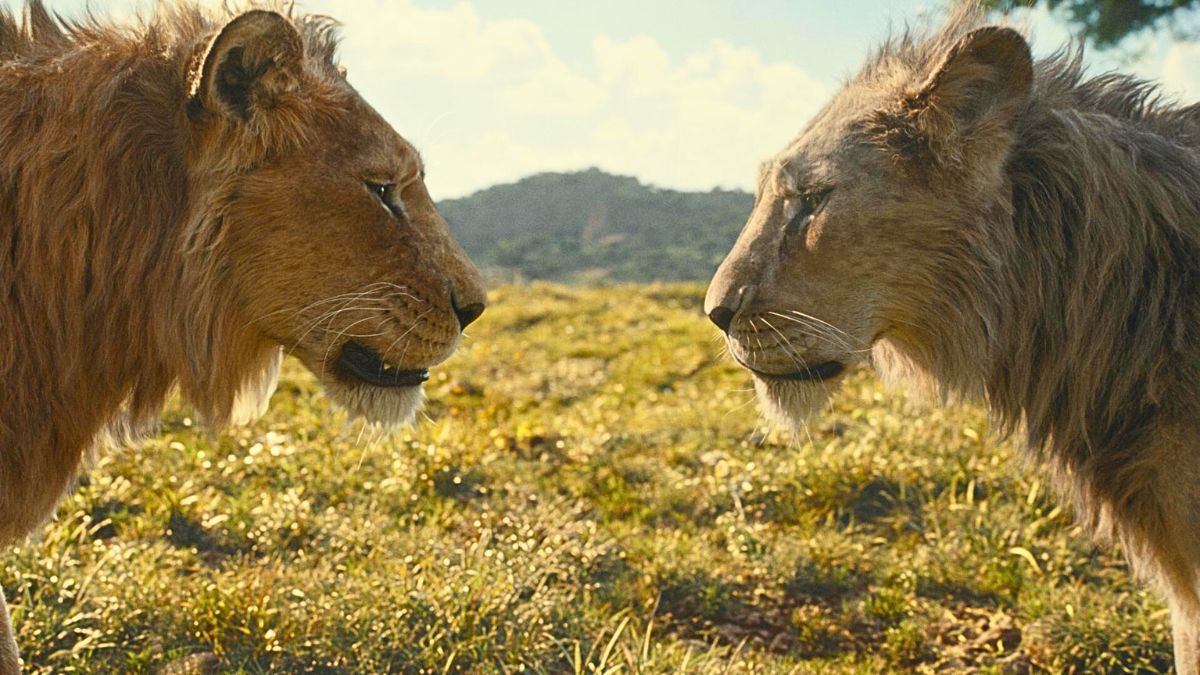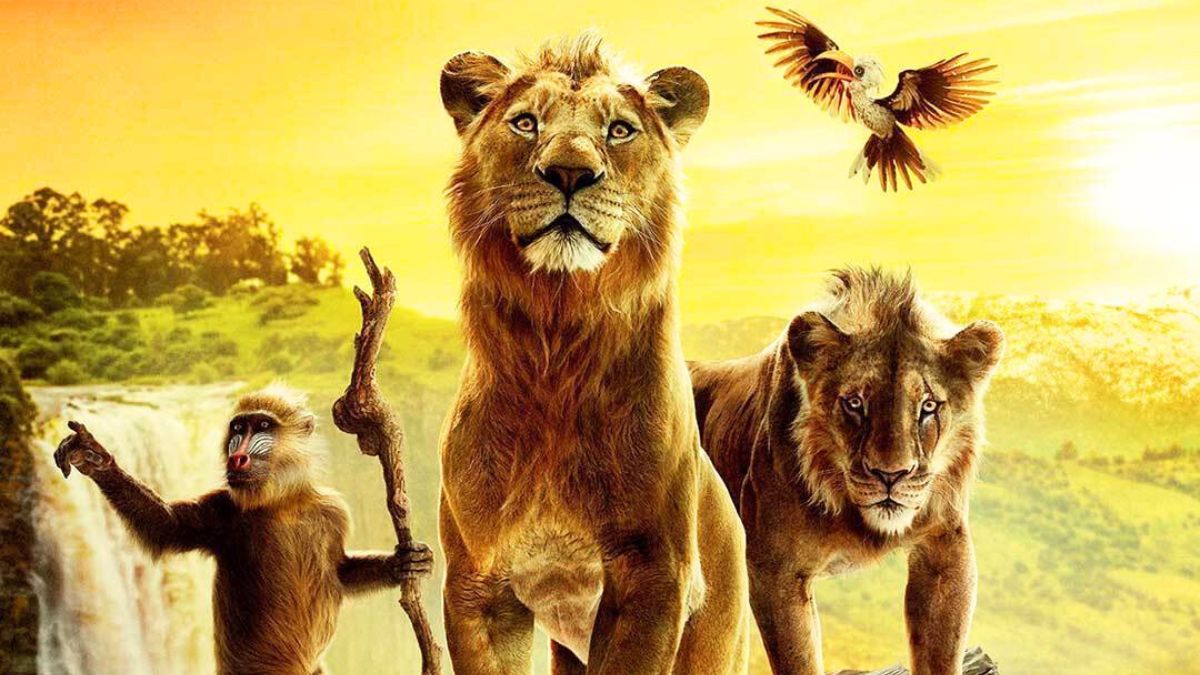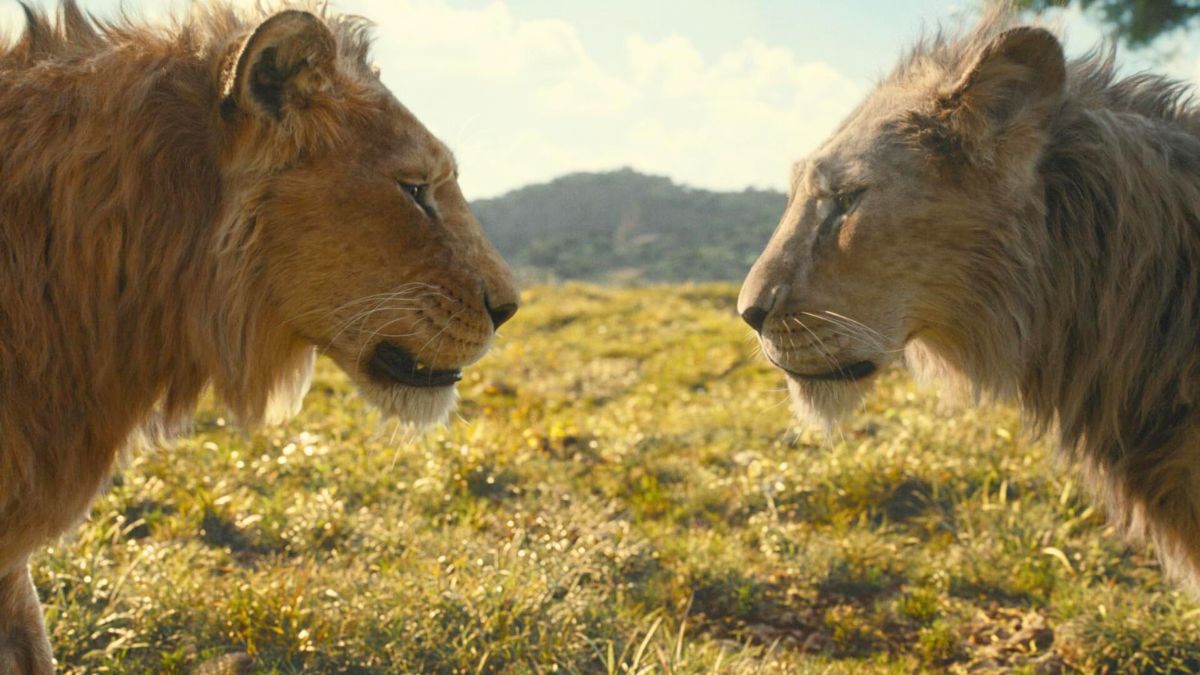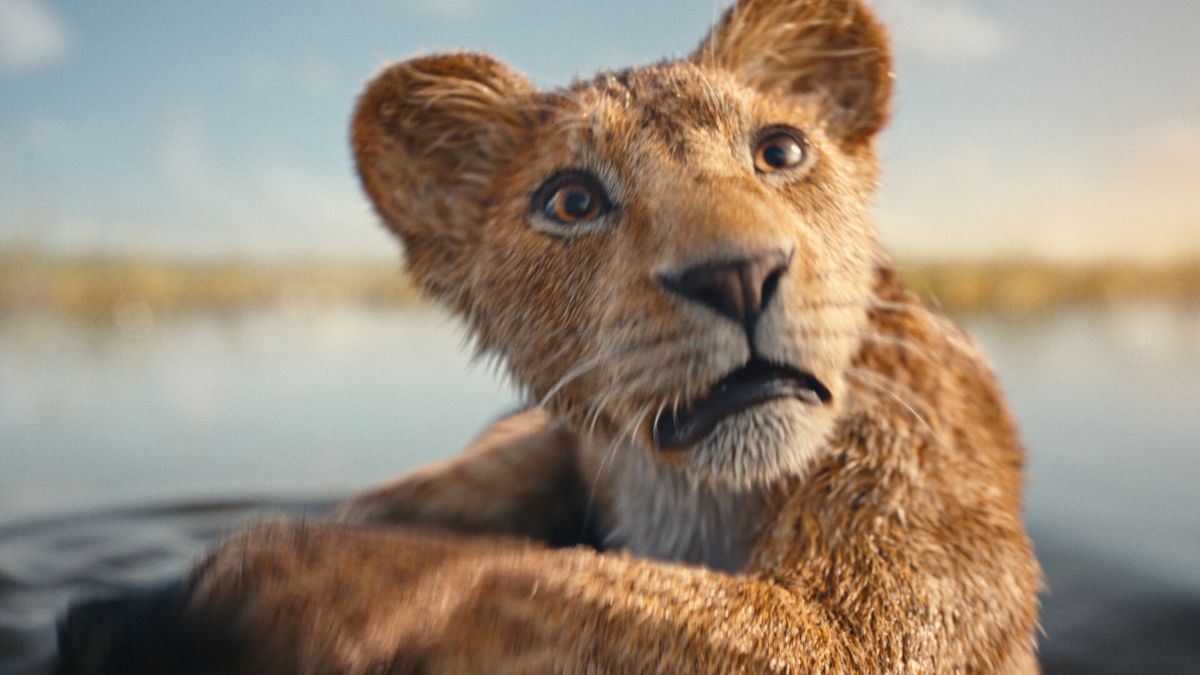Well or poorly received, empowered by time or otherwise, 2019’s Lion King was a cultural moment, or at least Disney did its very best to make it so. Its 2024 prequel, Mufasa: The Lion King, on the other hand, is curiously the stronger movie of the two, but has largely felt like a quiet release. It’s been arguably overshadowed by other major end-of-year blockbusters like Wicked, Gladiator II, and even possibly Disney’s own Moana sequel, which has been breaking box office records left and right.
Did the studio feel threatened by the unenthusiastic place in history that Mufasa‘s predecessor carved out for itself? Did they not believe in director Barry Jenkins’ work enough? It goes without saying that Disney does not need to invest extensively in marketing for its films to make bank (well, that may not be true judging by Mufasa‘s early box office returns, though it is way too early to tell). Still, coming off of the Beyoncé-led showmanship of the 2019 film, which generated an entire side visual album, this prequel’s rollout has felt starkly minimalistic. As a result, and most likely also thanks to Jenkins’ cinematic vision and passion for the project, it feels like an altogether far less offensive movie.

The Lion King got a bad rap for remaking a film that did not need to be remade, using technology that was neither pure animation nor actual live-action. This ambiguity turned the final product into a strange experience that read more like a cash grab than an honest attempt to honor the original film. Regardless of the surrounding discourse, however, it still made a gazillion dollars at the box office, which could only have led to a sequel. And that’s where Disney’s redemption arc began.
So the Mouse House needed to make a sequel to a film that proved widely profitable yet had angered more than a few critics and to whom time hadn’t exactly been kind. Its first good decision was to go for an original story (penned by returning The Lion King writer Jeff Nathanson) set in the universe of the Pride Lands, instead of adapting the direct-to-video 1998 film The Lion King II: Simba’s Pride — a solid, sweet film, that, if remade, would have inevitably fallen into many of the same traps of the first “live-action” attempt. Its second not good, but great, decision was to appoint Oscar-buzzy, utterly talented Moonlight director Barry Jenkins to helm the production. Finally, Disney brought on Lin-Manuel Miranda, the king of musicals, to create the original songs.
All three of those elements inherently make Mufasa: The Lion King a more legitimate film. Besides, it would take fantastic effort or just incredibly bad luck for a Jenkins/Miranda partnership to produce bad results.
So, uhm, Mufasa: The Lion King is a decent movie.

This origin story about the commanding father of Simba improves on so many of its predecessors’ mistakes, including a noticeable fine-tuning of the digital photorealistic animation. Jenkins has revealed the production employed motion-capture techniques that had not been present in the first film, aided by a team that has worked on James Cameron’s Avatar films. This immediately imbued Mufasa with a kind of emotional depth that had been noticeably and infamously lacking the first time around.
Also contributing to its emotional depth was the rich origin story of Mufasa (The Underground Railroad‘s Aaron Pierre) and his brother (Elvis‘ Kelvin Harrison Jr.), whom the public knows as Scar, but whom we meet here as an adorable if antsy cub named Taka. Their paths first cross when Mufasa is ripped away from his parents by a violent torrent and the river stream leads him to a foreign land where Taka’s father, Obasi (The Walking Dead‘s Lennie James), is king.

The place either lion occupies within Obasi’s pride swiftly begins informing the relationship we see develop throughout the film. It’s surprisingly gray and complicated, and it only grows even more tangled as new factors are added in, such as the special bond between Mufasa and Taka’s mother Eshe (Westworld‘s Thandiwe Newton), and the appearance of a lioness they both fancy, Simba’s mother-to-be Sarabi (The Chi‘s Tiffany Boone).
The brothers’ bond is the beating heart of the film, and it is put to the test by a menacing group of white lions known as the Outsiders, whose thirst for dominance and revenge has been terrorizing the entire savanna for a while. They’re led by a perfectly-cast Mads Mikkelsen in the role of Kiros.
Meanwhile, Rafiki (Black Panther‘s John Kani, reprising his role), who is narrating the story in a timeline immediately following the 2019 film, tells Kiara (Blue Ivy Carter in her feature film debut) that this band of villains get their names from having been expelled from their respective prides for looking different. Though we couldn’t find any information that supports this phenomenon’s occurrence in the real animal kingdom, the concept of deviation from the norm and subsequent ostracization from one’s group is a prevalent theme in the movie.
While accompanying Mufasa and Taka on their journey, we also meet a young Rafiki (this time voiced by South African actor Kagiso Lediga), whose origin story mirrors that of the white lions, only with a completely different outcome. This teaches young Kiara (serving as an audience surrogate) that it’s not what happens to you, but what you do with it, that defines the person (or photorealistic anthropomorphic animal) you become. The hero (Mufasa), the anti-hero (Taka/Scar), and the love interest (Sarabi) all adhere to a version of this framework as well — albeit with their own specificities — thus providing additional possible scenarios for what the aftermath of adversity and exclusion can look like.
Together, they embark on a quest for the promise land, Milele — a mythical place that Mufasa learns of from his biological parents, where all species live in harmony, and there are resources to spare. The parallels to our world write themselves.

It’s a strong hook for a film that appears deliberate and carefully crafted throughout, even though it never really sticks the landing. Mufasa‘s final moments lose much of the nuance that defined its first two acts, instead relying on flat, generic, awkward tropes and inspirational speeches that feel lazy in the face of the complex story world we had previously been introduced to.
Visually, it’s a lot more alive than its predecessor, with Jenkins and his visual effects team taking purposeful strides to create a more dynamic conversation between the characters, their surroundings, and the camera. Still, the CGI look never quite manages to shake off its plasticized dullness, lacking the kind of charm and fantasy that 2D and, to some degree, 3D, animation tend to bring.
Finally, a very important note toward Lin Manuel Miranda’s songwriting, allied with Dave Metzger’s score, which are soaring highlights in the film. It may not reach the heights of Disney classics of yesteryear, but Mufasa: The Lion King is a movie worth watching for the clear attempt to turn it into something it could never have been.






Published: Dec 20, 2024 02:57 pm